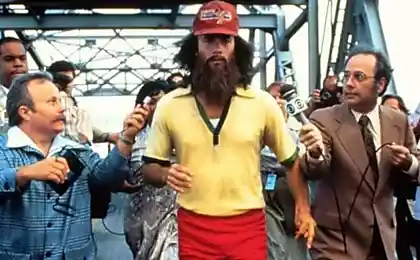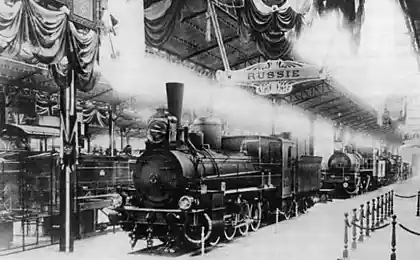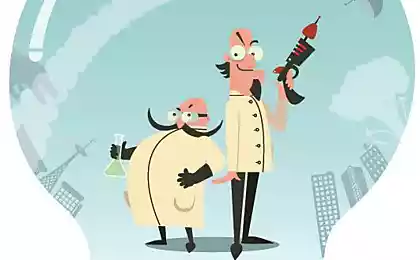818
Scientists losers and their inventions
Sometimes scientists invention bring them nothing but trouble and a lot of problems instead of the expected fame and fortune. Then I'll tell you about famous inventors loser.
Rayhelt Franz (1879-1912). Taylor, a native of Austria. He became famous after his death, during a test of his own invention by jumping from the Eiffel Tower. Franz tested costume - a parachute, which he invented for pilots.
The first tests were carried out on a mannequin, they were successful. Then Franz wanted to jump. Crashing from 57 meters high on the frozen ground, the inventor died on the spot 4 February 1912.
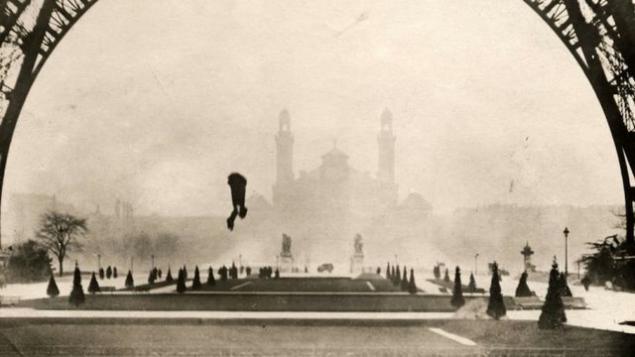
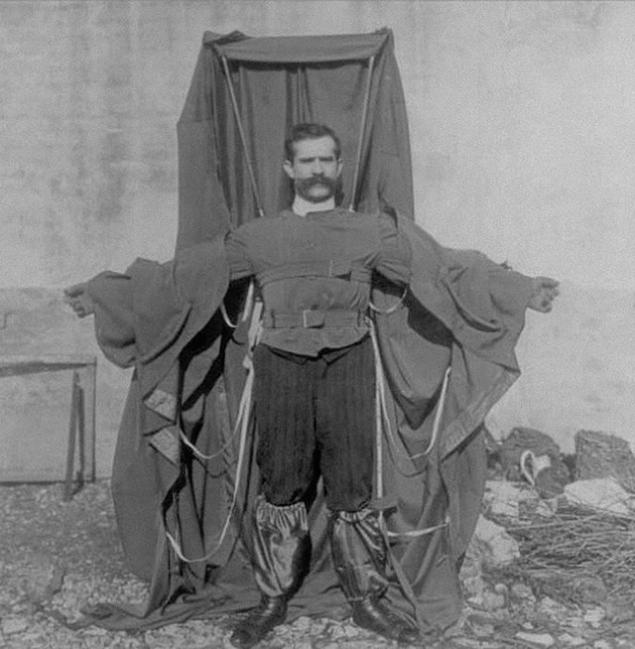
Horace Lawson Hunle (1823-1863). Marine engineer, one of the first who invented the submarine. October 15, 1863 a team of eight people, headed by Hunle, the submarine sank. No one managed to escape.
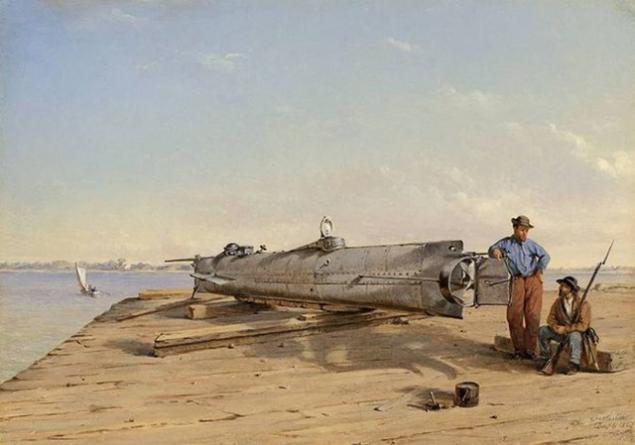
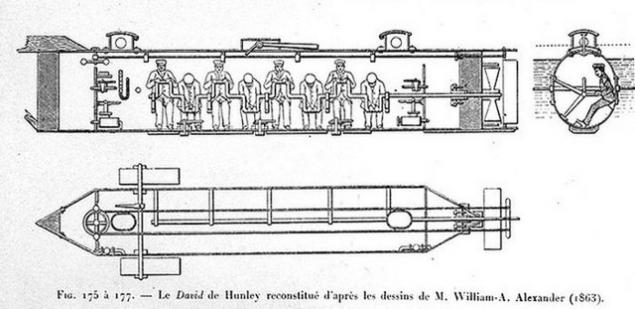
William Bullock (1848-1896). "Father" typewriter. He was killed during a during that when he tried to correct the problem. He kicked the drive belt on the pulley, but spun his leg and shattered bone. Nine days later, he died of gangrene.
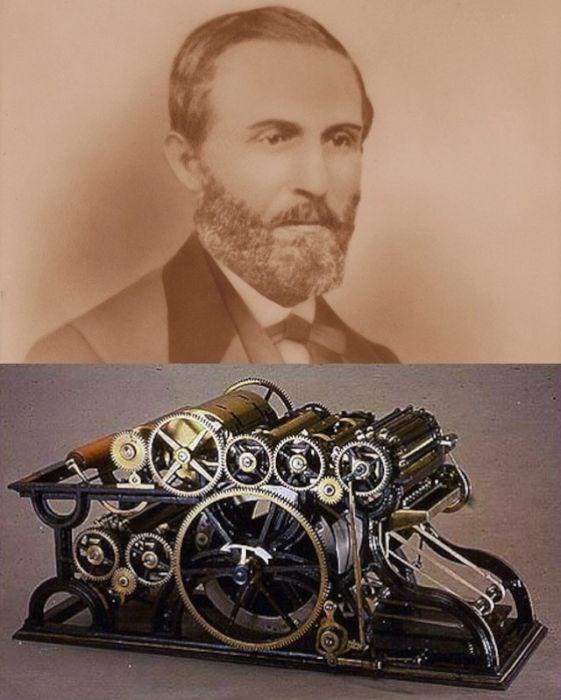
Otto Lilienthal (1848-1896). During a flight on his glider, he fell from a height of 15 meters. He suffered a fracture of the third cervical vertebra. Death caught up with him after 36 hours.
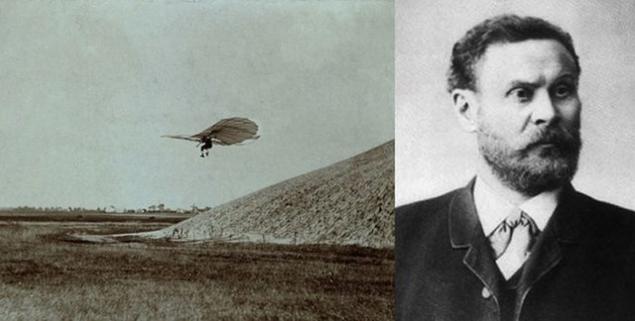
Sylvester H. Roper (1823-1896). The inventor of the first motorcycle, while still on the steam engine. June 1, 1896 when overclocked, it was the skid, and he fell. He died as a result of heart failure. It is believed that he grabbed a heart attack in the fall.
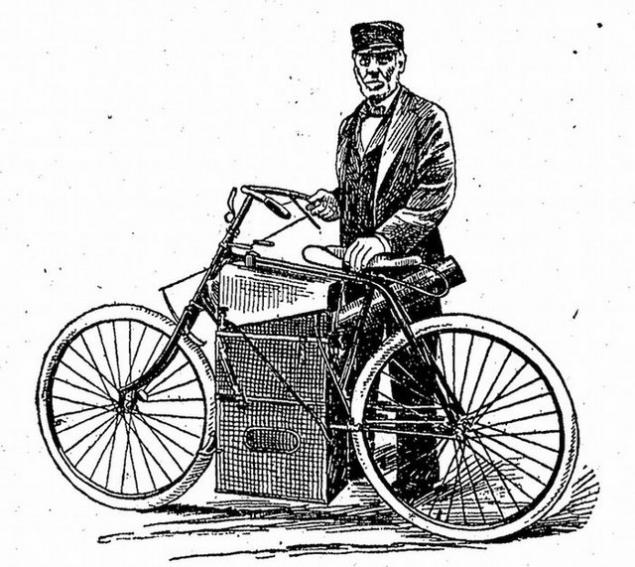
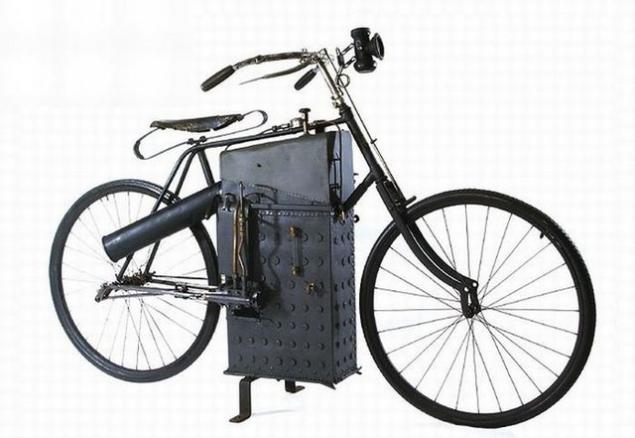
Aurel Vlaicu (1882 - 1913). The designer of the first metal plane. He was killed while trying to cross on his Vlaicu II, 13 September 1913, the Carpathian Mountains.
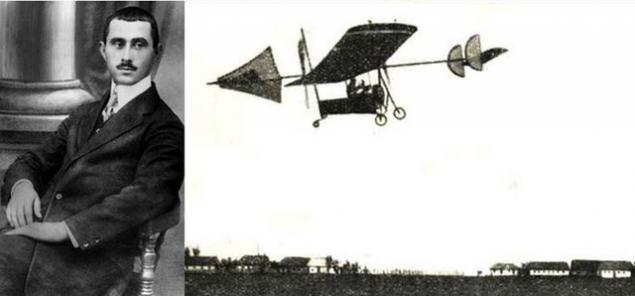
Valerian Abakovsky (1895 - 1921). Latvian inventor, known as the experimenter in the creation of high-speed cars, working on aircraft engines. Train at high speed derailed. The crash killed six passengers and Valerian.
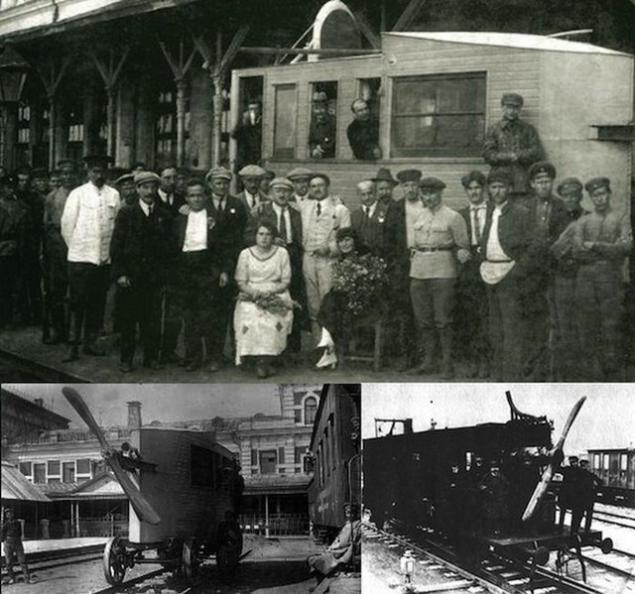
Alexander Bogdanov (1873 - 1928). In 1924, Bogdanov started his experiments on blood transfusion, in search of eternal youth, or partial rejuvenation. After eleven transfusions, his vision has improved. Later, in 1928, the next time he got a blood transfusion person sick with malaria and tuberculosis. Alexander died in agony, and not having found eternal youth.
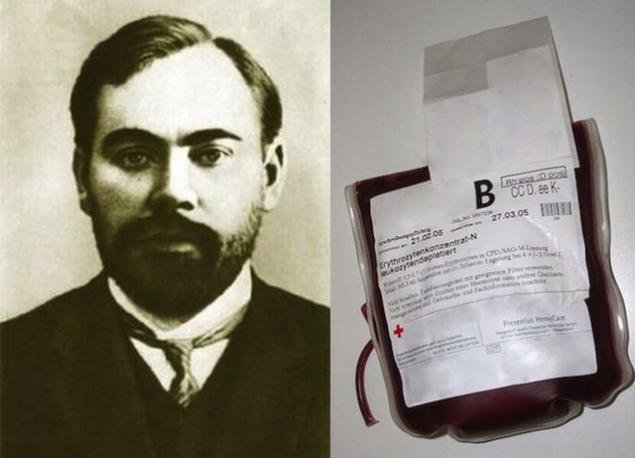
Here
Rayhelt Franz (1879-1912). Taylor, a native of Austria. He became famous after his death, during a test of his own invention by jumping from the Eiffel Tower. Franz tested costume - a parachute, which he invented for pilots.
The first tests were carried out on a mannequin, they were successful. Then Franz wanted to jump. Crashing from 57 meters high on the frozen ground, the inventor died on the spot 4 February 1912.


Horace Lawson Hunle (1823-1863). Marine engineer, one of the first who invented the submarine. October 15, 1863 a team of eight people, headed by Hunle, the submarine sank. No one managed to escape.


William Bullock (1848-1896). "Father" typewriter. He was killed during a during that when he tried to correct the problem. He kicked the drive belt on the pulley, but spun his leg and shattered bone. Nine days later, he died of gangrene.

Otto Lilienthal (1848-1896). During a flight on his glider, he fell from a height of 15 meters. He suffered a fracture of the third cervical vertebra. Death caught up with him after 36 hours.

Sylvester H. Roper (1823-1896). The inventor of the first motorcycle, while still on the steam engine. June 1, 1896 when overclocked, it was the skid, and he fell. He died as a result of heart failure. It is believed that he grabbed a heart attack in the fall.


Aurel Vlaicu (1882 - 1913). The designer of the first metal plane. He was killed while trying to cross on his Vlaicu II, 13 September 1913, the Carpathian Mountains.

Valerian Abakovsky (1895 - 1921). Latvian inventor, known as the experimenter in the creation of high-speed cars, working on aircraft engines. Train at high speed derailed. The crash killed six passengers and Valerian.

Alexander Bogdanov (1873 - 1928). In 1924, Bogdanov started his experiments on blood transfusion, in search of eternal youth, or partial rejuvenation. After eleven transfusions, his vision has improved. Later, in 1928, the next time he got a blood transfusion person sick with malaria and tuberculosis. Alexander died in agony, and not having found eternal youth.

Here





